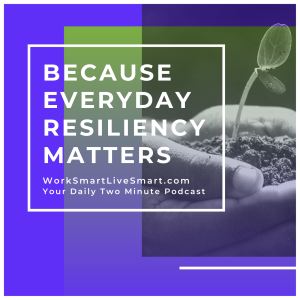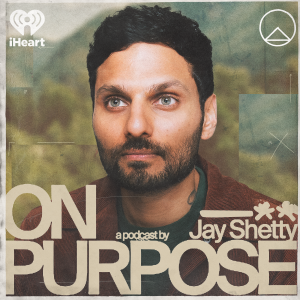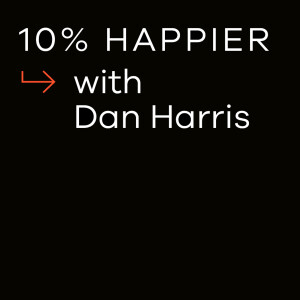

Sadly, one in 10 Canadians suffers from some type of substance use disorder. That could mean your colleague, your neighbour or someone in your own family. Addiction does not discriminate—it affects all walks of life.
The total societal cost of substance abuse is in the billions. Whether the cost comes from lost productivity in the workplace, increased cost to our healthcare system or pressure on our law enforcement agencies, substance use disorders cost money.
People are dying. Substance use disorders can be progressive and fatal if left untreated.
So Here Are Today’s Hot Tips For Building Your Resiliency And Celebrating National Substance Abuse Prevention Month
Millions experience substance abuse issues, which includes underage drinking, alcohol dependency, non-medical use of prescription drugs, abuse of over-the-counter medications, and illicit drug use. Substance use disorders are health disorders. They are not the result of any kind of character flaw or lack of personal willpower.
Stigmatizing language can perpetuate harmful stereotypes and act as a barrier to seeking help and sustaining recovery. WORDS MATTER.
Use “people-first language.” For instance, refer to “person who uses substances”, rather than a “drug user”, “addict” or “alcoholic”. This is more neutral language that helps to maintain the individuality of the person.
Choose language that promotes the recovery process. This means not describing a person being “clean” or “dirty” but rather “not currently using substances” or “in recovery”.
If you like today’s wellness tips, let me know. You can leave me a review on amazon or through your #alexa app.
For more information on coping with mental health issues, sign up for one of my substance use on-line course at worksmartlivesmart.com under the resources and courses tab.
More Episodes
All Episodes>>You may also like
Creat Yourt Podcast In Minutes
- Full-featured podcast site
- Unlimited storage and bandwidth
- Comprehensive podcast stats
- Distribute to Apple Podcasts, Spotify, and more
- Make money with your podcast












